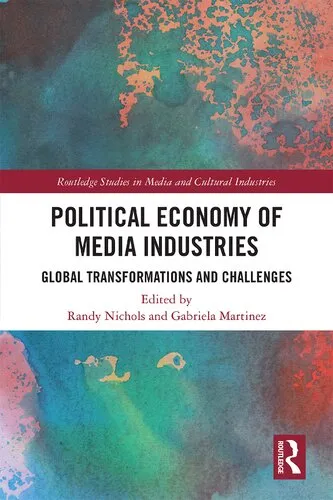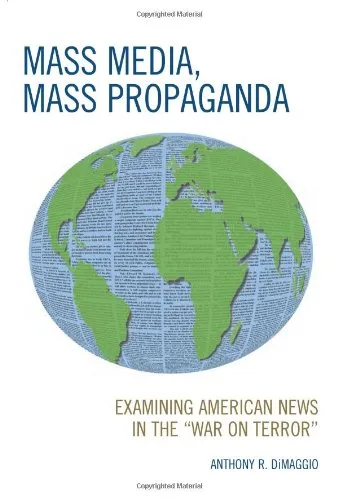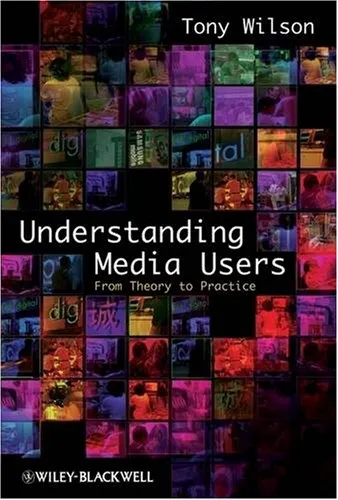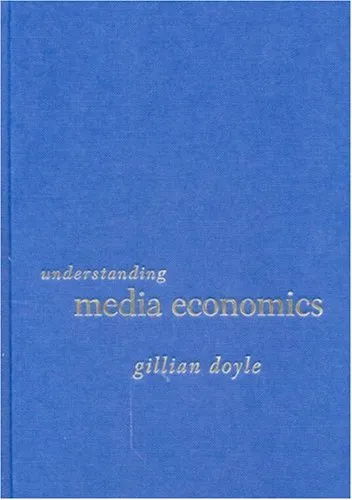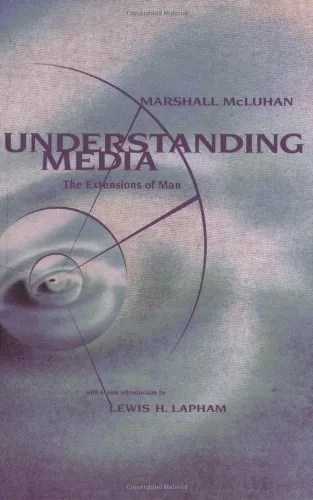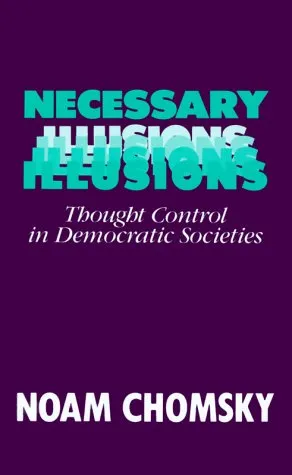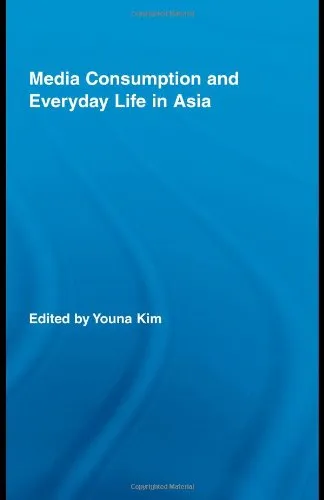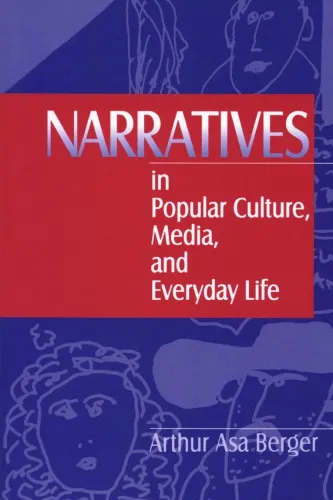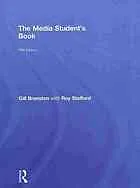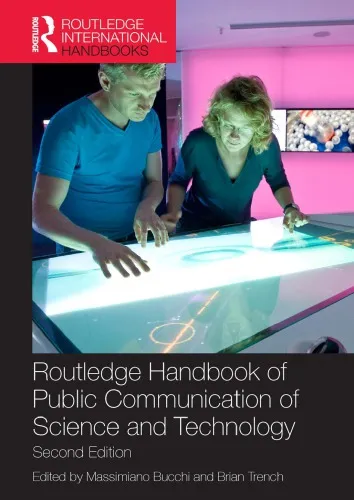Political Economy of Media Industries: Global Transformations and Challenges
4.7
Reviews from our users

You Can Ask your questions from this book's AI after Login
Each download or ask from book AI costs 2 points. To earn more free points, please visit the Points Guide Page and complete some valuable actions.Related Refrences:
Introduction
Welcome to the intricate world of media industries, a realm undergoing rapid transformation due to technological advancements, globalization, and shifting economic paradigms. Our book, Political Economy of Media Industries: Global Transformations and Challenges, delves into the current landscape of global media industries, exploring the intricate interplay between politics, economics, and media practices worldwide. This introductory overview sets the stage for a comprehensive journey through the book's key insights and arguments.
Detailed Summary of the Book
In Political Economy of Media Industries: Global Transformations and Challenges, we examine the structural underpinnings that influence how media industries operate in the contemporary era. This book explores intricate issues, such as the concentration of media ownership, regulatory frameworks, the impact of globalization on local and international media markets, and the digital revolution that has redefined media production and consumption.
The book is structured to take readers from foundational concepts to detailed case studies that highlight the effects these issues have on real-world media industries. We delve into theoretical perspectives drawn from political economy, providing readers with tools to analyze media practices critically. Through case studies ranging from North America and Europe to emergent media markets in Asia and Africa, the book fosters an understanding of how global transformations are both shaped by and shape the political and economic environments.
Key Takeaways
- Understanding the political and economic forces shaping media industries is essential to navigate the contemporary media environment.
- The concentration of media ownership can lead to homogenized content and reduced diversity of perspectives in media narratives.
- Globalization and technological advancements are reshaping traditional media markets and creating new challenges and opportunities.
- Policy and regulation play critical roles in ensuring diverse media landscapes and protecting public interest.
- The rise of digital media has altered consumption patterns, challenging traditional revenue models and necessitating innovation in content delivery.
Famous Quotes from the Book
"Media industries are at a crossroads, where the decisions made today will shape societal narratives and values for generations to come."
"The digital revolution is not just changing media; it is transforming every facet of modern life, from politics to personal identity."
"Understanding the global media landscape requires an appreciation of both its interconnectedness and its asymmetries."
Why This Book Matters
In an era characterized by rapid media evolution and increasingly complex global challenges, understanding the political and economic dimensions of media is more critical than ever. This book is not just for scholars or students of media studies; it is an essential read for anyone who consumes media, as it offers vital insights into how media content is shaped and how it influences societal perceptions and realities. Its relevance extends to policy makers, media practitioners, and engaged citizens who strive for a more informed and equitable media environment.
By grappling with the critical topics addressed in this book, readers will be better equipped to understand the forces at play in their daily media consumption and the broader implications for democracy, culture, and development in a globalized world.
Free Direct Download
You Can Download this book after Login
Accessing books through legal platforms and public libraries not only supports the rights of authors and publishers but also contributes to the sustainability of reading culture. Before downloading, please take a moment to consider these options.
Find this book on other platforms:
WorldCat helps you find books in libraries worldwide.
See ratings, reviews, and discussions on Goodreads.
Find and buy rare or used books on AbeBooks.
1425
بازدید4.7
امتیاز0
نظر98%
رضایتReviews:
4.7
Based on 0 users review
Questions & Answers
Ask questions about this book or help others by answering
No questions yet. Be the first to ask!
